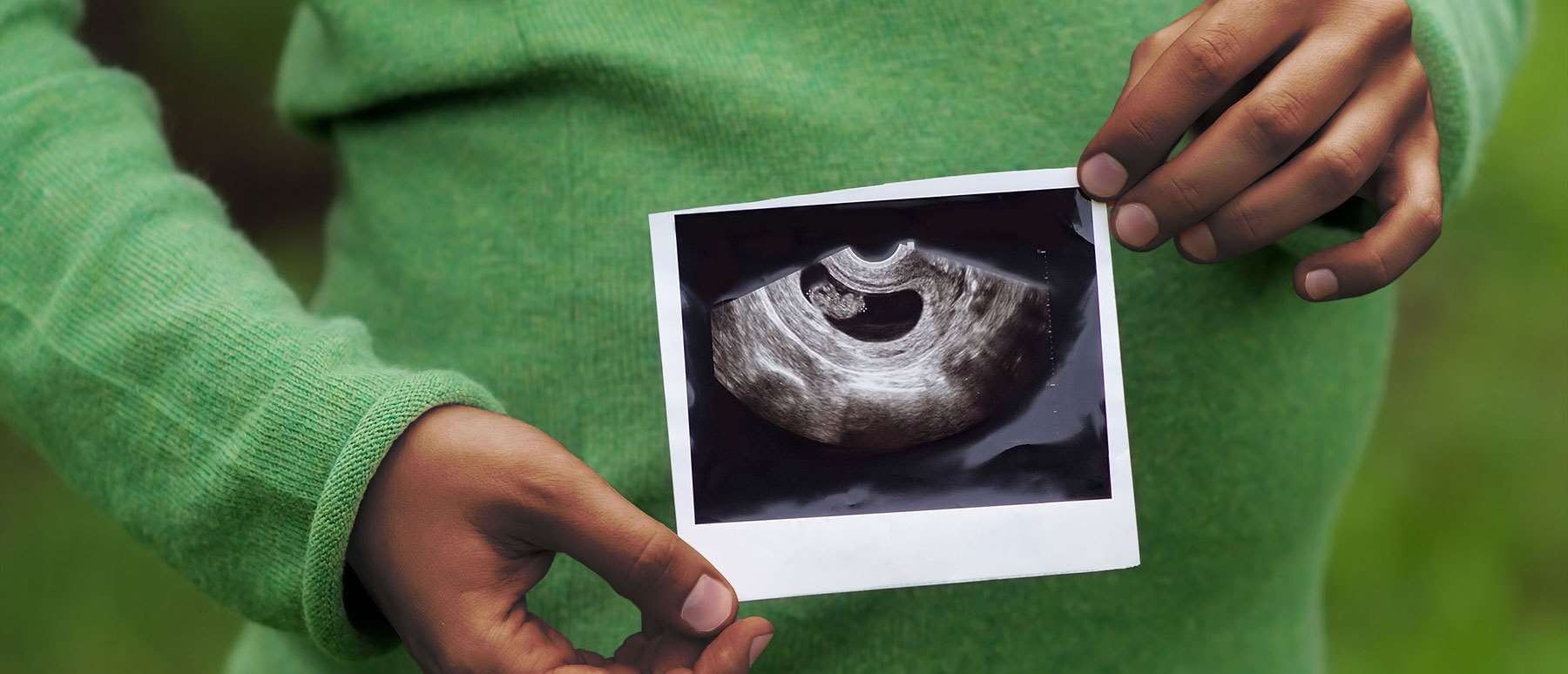Preserving Fertility

The pathway to parenthood often contains more bumps or routes than anticipated. The Froedtert & the Medical College of Wisconsin Reproductive Medicine Center, however, as one of the few fertility programs in the region offering complete onsite fertility evaluation and treatment services for men and women, can make that journey a bit smoother. Its physicians are reproductive endocrinology and infertility specialists and urologists specifically trained in female and male-factor fertility concerns.
The team consists of three infertility experts, a urologist, a genetics counselor, two embryologists, two andrologists (who treat the male reproductive system), specialized nurses and support staff.
A burgeoning area of research and interest is oncofertility, a subfield that bridges oncology and reproductive medicine to explore and expand options for the reproductive future of cancer survivors. While chemotherapy, radiation and surgery can effectively treat cancer, these treatments also may affect a woman's and man's fertility. The Froedtert & MCW Reproductive Medicine Center is at the forefront of this new area.
"My goal when talking and meeting with patients recently diagnosed with cancer is to inform and educate them," says Katherine (Kate) Schoyer, MD, assistant professor of obstetrics and gynecology at MCW. "There is a benefit to knowing one's options and hearing that these treatments don't have to end hopes of having a family."
The process begins quickly with collaboration at the Center. Once a patient is diagnosed, the doctors immediately work with oncologists at Froedtert Hospital and Children's Hospital of Wisconsin to determine if the patient is well enough and cleared physically to undergo fertility treatment, as well as the patient's timeframe.
"The Center is staffed seven days a week, and we make every effort to accommodate schedules to get the treatments done during the patient's window of opportunity," notes Dr. Schoyer. "The team truly understands that time is of the essence, and mobilizes to do whatever is needed."
Today, those with cancer and other diseases have many options to preserve fertility – before and after treatment. New techniques are providing hope for preserving or restoring fertility, and the team works together to determine the best way to treat each patient's unique situation. "Our Center emphasizes the use of egg, sperm and embryo freezing as the most reliable means of preserving fertility. We also recognize and review with our patients a multitude of other options for having a family," Dr. Schoyer shares.
"Our strongest asset is collaboration. Patients get the opinion of not one, but multiple experts who will recommend the safest, most effective and cost-efficient means of having a family," adds Dr. Schoyer. "Our Center is an example of open dialogue and partnership across campuses."
One patient, Virginia Kashian, was diagnosed with breast cancer in early spring 2016.
"We were planning to start trying to become pregnant again in May. The timing was perfect for a sibling to our four-year-old son and for my job," says Kashian. "A diagnosis of breast cancer, however, was not in our plan."
After meeting with the staff at the Reproductive Medicine Center, Kashian felt hopeful for the first time after her diagnosis.



